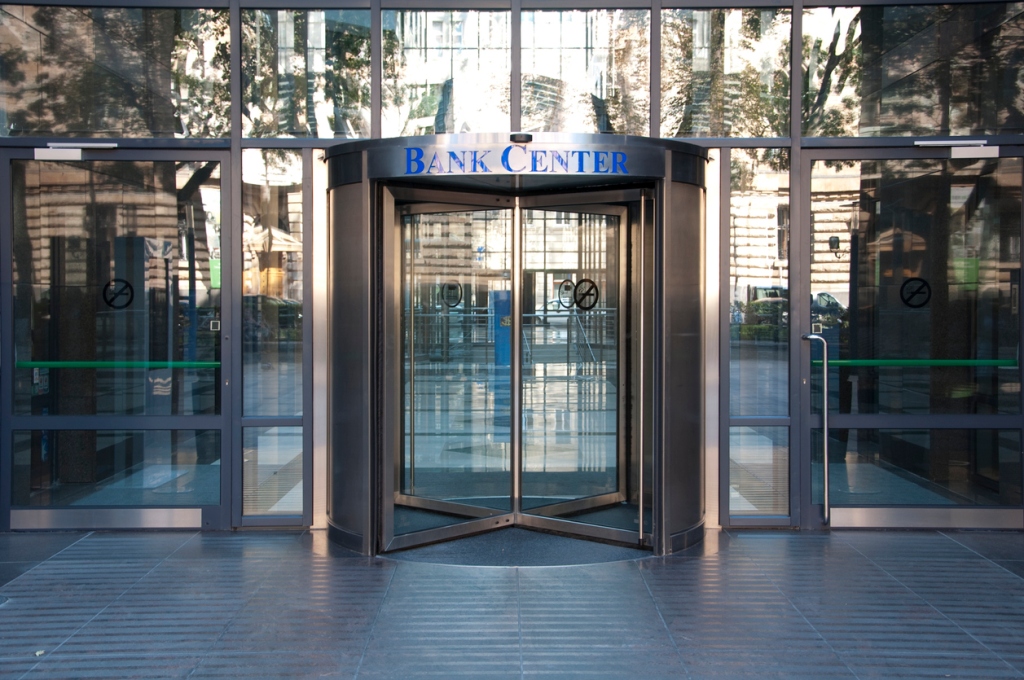View Sale Announcement Detail


Archived news

A recent announcement from the Federal Deposit Insurance Corp. puts lenders on alert that they should conduct a thorough review of their commercial real estate loan portfolios — if they weren't already.
The FDIC announced that it would conduct closer scrutiny of the exposure to commercial real estate loans for the banks it supervises, which are mostly smaller financial institutions but ones that control roughly 41 percent of the $2.7 trillion in such loans. The FDIC cited rising interest rates, inflation, supply-chain issues, and the pandemic-inspired shift in office work as the driving reasons for this increased oversight.
Commercial real estate lending tends to react slower to shifting economics because of long-term leases, but the FDIC suspects that the confluence of economic conditions will soon catch up with banks that have a heavy commercial loan portfolio.
The FDIC noted it would be looking particularly at the three areas of commercial real estate in industries most adversely affected by the pandemic — office space, shopping malls, and hotels — as they could be a bellwether for issues if recessionary pressures mount, notes American Banker.
Overall, delinquency rates have remained relatively low for commercial real estate. These lower delinquency rates are attributed to government stimulus funds and lenders' willingness to work with borrowers to weather the most distressing times during the pandemic. Another factor that benefited the sector is that construction loans remained well below where they were prior to the 2008 economic downturn, meaning that the high-risk category didn't drag down the overall picture.
Recent months have seen improvement for two of the sectors worrying the FDIC. Delinquency rates on lodging loans peaked at 10.5 percent in 2021 and have declined to 7.5 percent in the past few months. Retail space delinquency rates have slipped to 1.7 percent this quarter, after peaking at 3.4 percent in late 2020. A full-blown recession could quickly reverse those trends with both industries still on shaky footing.
However, delinquency rates for office space have been slowly but steadily increasing from a mere 0.2 percent in the final quarter of 2019 to 1.8 percent in the first quarter of this year. While landlords had hoped for a rebound in the second half of 2022 as more companies required workers to return to the office, that scenario has not played out, Daniel Ismail, senior analyst at Green Street, a real-estate-analytics company, told the Wall Street Journal.
Weak demand and rising interest rates have pushed down office space values by 8 percent this year, Green Street estimates. While some newer office buildings continue to generate high rents and occupancy, older office buildings are beginning to feel the pinch, especially those not in prime locations. Sun Belt cities so far have weathered the conditions well, while New York City, San Francisco, and Chicago continued to see rising vacancy rates.

While the general public remembers the housing bubble and the overextension of homeowners' loans as playing an outsized role in the Great Recession, in reality, commercial real estate loans were the greatest factor in 80 percent of the banks that closed during that recession.
The FDIC could rightly be wanting to ensure the same does not come true if another recession may be on the horizon. While two-quarters of negative GDP normally signals the beginning of a recession, which the United States has experienced in the first two quarters of 2022, many economists are reluctant to claim the U.S. is in a recession because of the continued strong labor market.
However, if the U.S. does slide into recession, that trend likely will reverse and more office workers are likely to be laid off, decreasing further the demand for office space and boosting the chances of landlords defaulting on their commercial real estate loans.
FDIC scrutiny aims to ensure banks are not overextended on such possible problematic commercial real estate loans that they would not be offset by other better-performing loans and assets.
Banks must undertake a more extensive review of their commercial real estate loan portfolios and determine where the threats and underperforming loans lie or are likely to appear in the coming months. When FDIC regulators do appear for their review, banks want to limit the number of criticized assets on their books.
Now is a good time to sell these potentially troublesome commercial real estate loans while prices are at an all-time high. Investors are sitting on piles of money that have been raised for such investments, but banks so far are not letting go of the assets. That makes this a sellers' market. Simple supply and demand.
Lenders have the potential to avoid higher future losses on commercial real estate loans that are likely to become problem loans in the coming months if they are willing to sell now, before the market reverses, increasing supply and reducing demand.
Banks that shed these assets now also face less risk in the scrutiny that comes from the FDIC and less pressure to shed underperforming loans while under a timeline set by federal regulators.
Selling commercial real estate loans gets complicated and can be difficult to achieve maximum value when a bank tackles the process on its own. Banks that have the experience in making and servicing loans may not have the experience to sell these assets while complying with federal regulations.
Garnet Capital Advisors has experience in handling commercial real estate loan sales, ensures banks handle the sales in compliance with federal regulations, and ensures banks get the best return by working with an array of investors to lock in the best deal.
Contact Garnet Capital Advisors today to learn how your bank can get ahead of FDIC scrutiny and turn potentially troublesome commercial real estate loans into an asset that will provide a solid return on your initial investment. Investors interested in the market for commercial real estate loans also should reach out to Garnet to learn how to benefit from this asset class.

